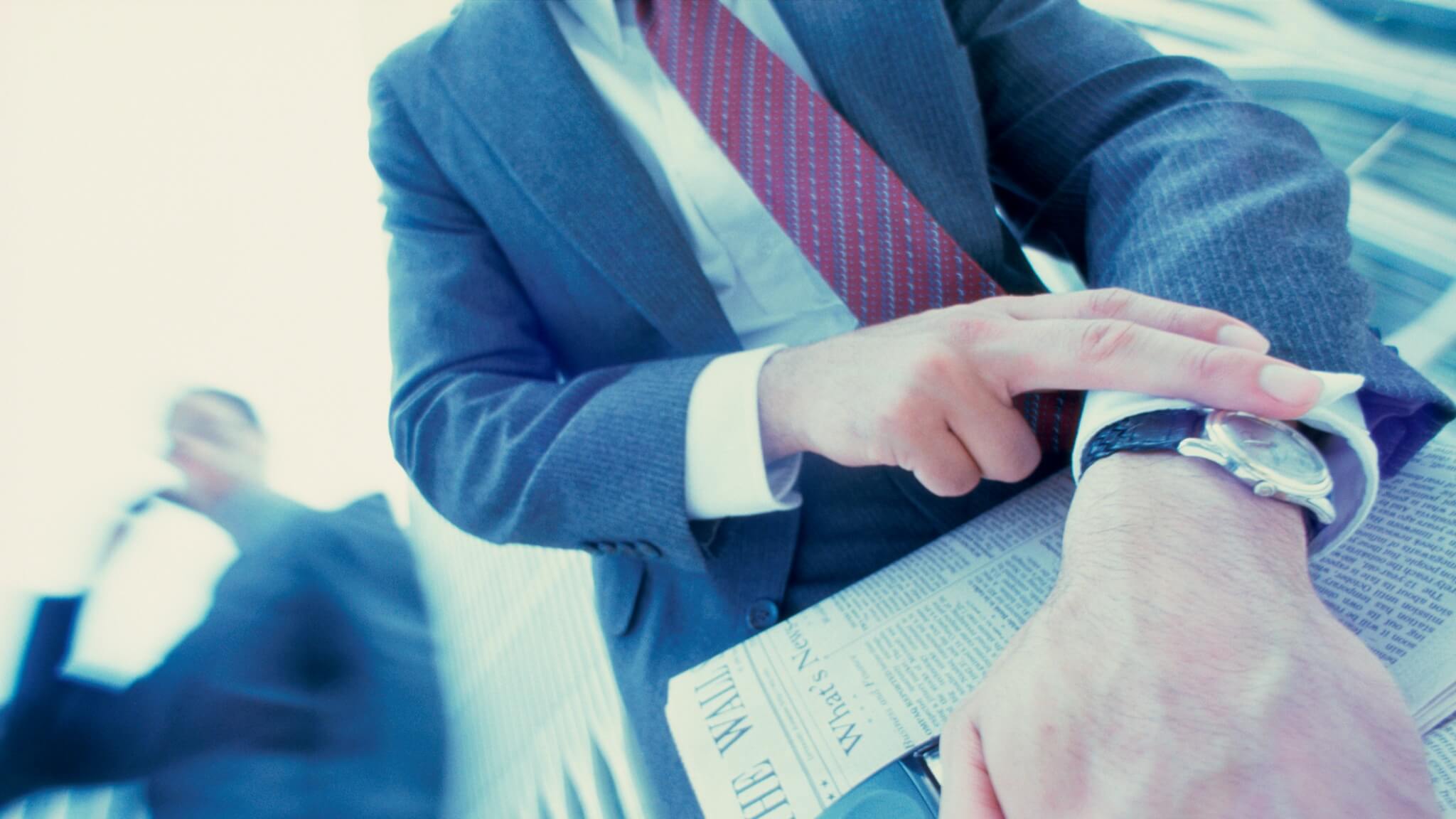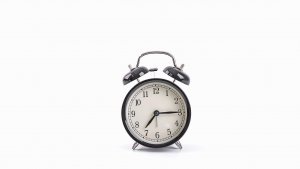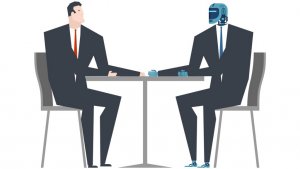John Styring, CEO at IglooBooks, explains how to avoid wasting your most precious resource - time - by not spending your day wading through reams of pointless emails.
Email Productivity: 5 Ways To Stop Wasting Time
John Styring, CEO at IglooBooks, explains how to avoid wasting your most precious resource - time - by not spending your day wading through reams of pointless emails.

Once there was fax, now there are emails, soon there will probably be Google glass or something else. But for now we are stuck with emails. Office emails are a great way for businesses to communicate and save resources but they’re not without drawbacks.
More than 100 billion business emails are sent around the world each day, with offices routinely brought to a standstill by those three little words, ‘the email’s down’. So with this much reliance on emails in the workplace, it’s surprising that more attention isn’t paid to them.
We’ve all seen otherwise capable and professional colleagues scrabbling at their keyboards in a desperate attempt to retrieve a mistyped message. Or perhaps just spending half the day going back and forth on an email thread which gets longer and longer without taking an issue any further. Maybe we’ve even been that person.
But email productivity isn’t about competence. It’s just about taking a more structured approach to the way we think about office emails. A successful business is all about momentum and getting caught up in emails when you don’t need to can really slow yours down.
So here are my top five tips for making sure that emails stay quick, easy and, most important of all, embarrassment-free.
1. Make time to save time
Spend five minutes before you reach your desk prioritising what you can’t afford not to have done by the end of the day. This will help you prioritise which emails to reply to as they come in throughout the day.
2. Action stations
Keep emails action-focused. If you need to discuss the finer details of an idea with a client or colleague consider a phone call instead. This will help you avoid any War and Peace style emails which can drain your time.
3. Forward thinking
Delegation rules apply to emails too. Where someone else in your company is better placed to advise on a matter, don’t forget you can always refer a question on. The forward button is your friend in these situations.
4. The blind spot
Avoid bcc-ing where possible. The biggest problem with the bcc (blind carbon copy) is when someone who was bcc’d hits reply all. Now everyone on the email is alerted to the fact that they were not the only recipients. This can raise unnecessary questions and is best avoided.
5. The human touch
Just because you can’t see them never forget that somewhere in the world another person is sat down at their desk reading your email. Keep your emails personable. Try and write as if you were speaking to that person. Light-hearted humour is fine in the right circumstances but try not to personalise conversation to the extent that the point of the original message is lost.
And finally…
Remember to turn off your emails now and again to prevent them coming through all the time and distracting you from the important matter of running your business.
Thanks for signing up to Minutehack alerts.
Brilliant editorials heading your way soon.
Okay, Thanks!


